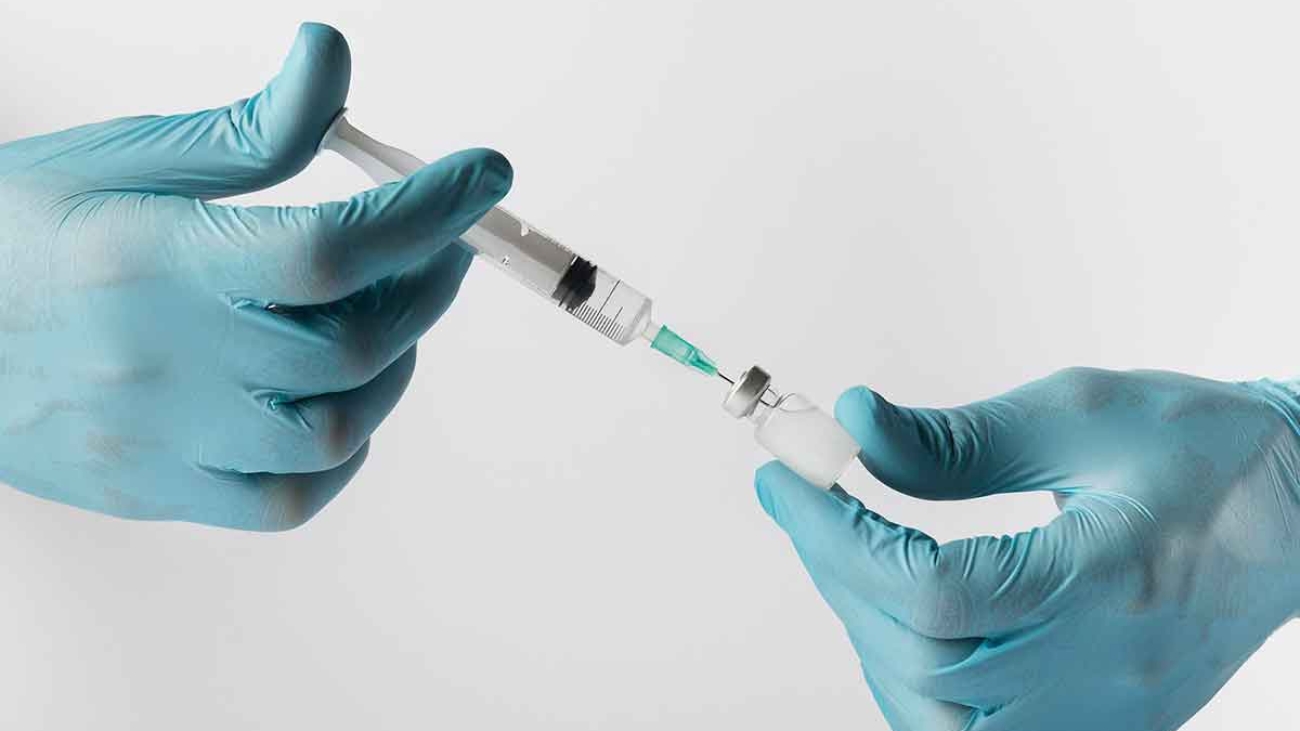From newly born babies to toddlers and teenagers, your child may develop several symptoms that might seem common to you but takes the form of allergies with time. According to the Asthma and Allergy Foundation of America, allergies affect around 20 million adults and 6.1 million children in the United States. The figure is bigger on a global basis. Over the past 30 years, allergy prevalence has been trending higher. Amid this, you need to take account of your child’s behavior with the things and surroundings as he/she grows.
What is an allergy?
Allergies occur when your immune system reacts to a foreign substance — such as pollen, bee venom, or pet dander — or a food that doesn’t cause a reaction in most people.
Some common symptoms of the allergies include-
· Sneezing
. Wheezing
· Runny and/or Itchy Nose
· Itchy, Burning, Watery, and/or Swollen Eyes
· Nasal Congestion
· Dry Cough (sometimes including mucus)
· Ear Congestion
· Sinus Drainage
· Sinus Pressure
· Sore Throat
Symptoms may vary depending upon the types of allergies-
A food allergy can lead to-
· Tingling in the mouth
· Swelling of the lips, tongue, face, or throat
· Hives
· Anaphylaxis
An insect sting allergy can lead to-
· A large area of swelling at the sting site
· Itching or hives all over the body
· Cough, chest tightness, wheezing, or shortness of breath
· Anaphylaxis
A drug allergy can lead to-
· Hives
· Itchy skin
· Rash
· Facial swelling
· Wheezing
· Anaphylaxis
Atopic dermatitis (Eczema) can lead to-
- Itch
- Redden
- Flake or peel
Allergies are also linked with other types of respiratory conditions, like asthma and sinus infections. Therefore, being able to improve allergy symptoms can also help avoid other conditions too.
With allergies, your child will not typically have a fever, fatigue, body aches, chills, nausea, vomiting, or diarrhea though they may sometimes experience headaches brought on by sinus pressure. Therefore, it becomes vital to consult a good pediatrician who can look after your child and prescribe relevant suggestions and medication.



